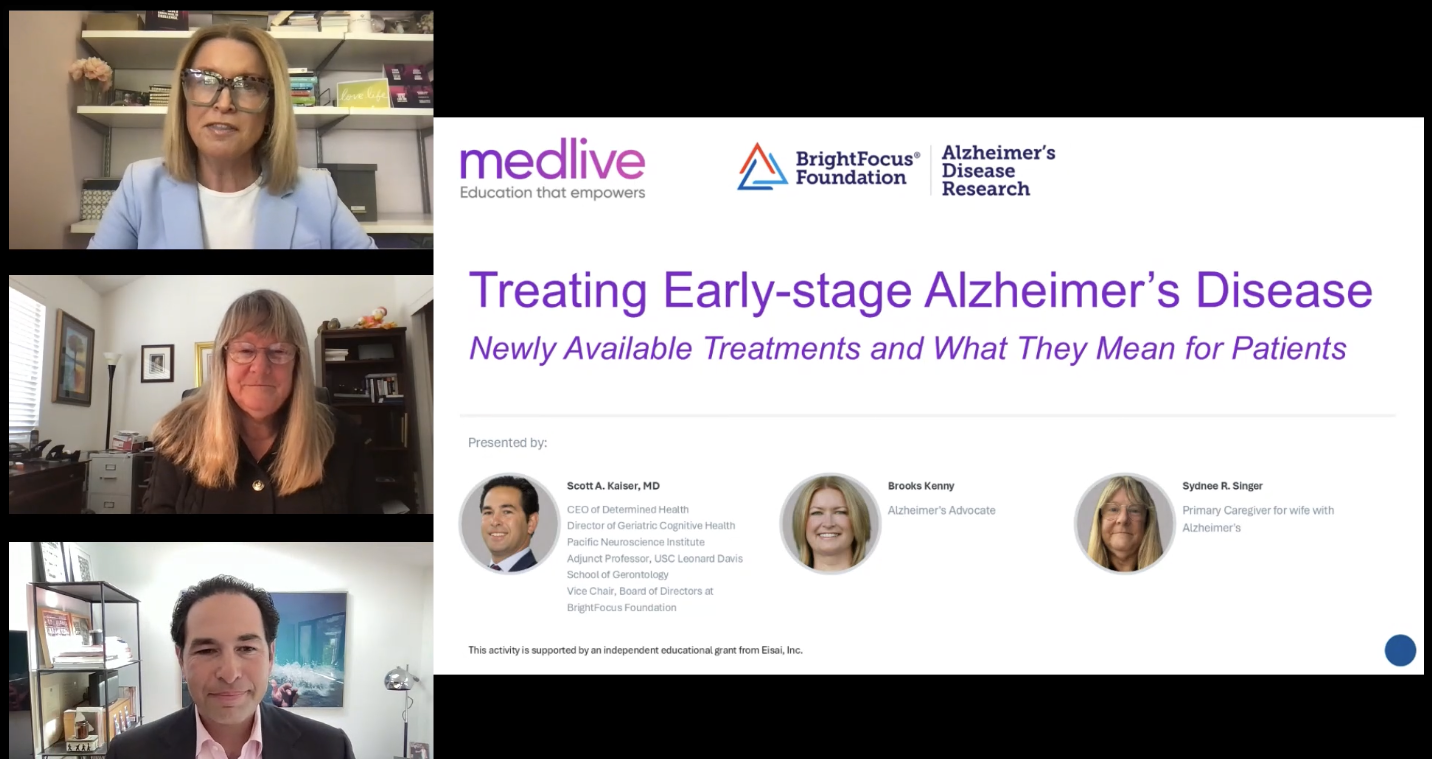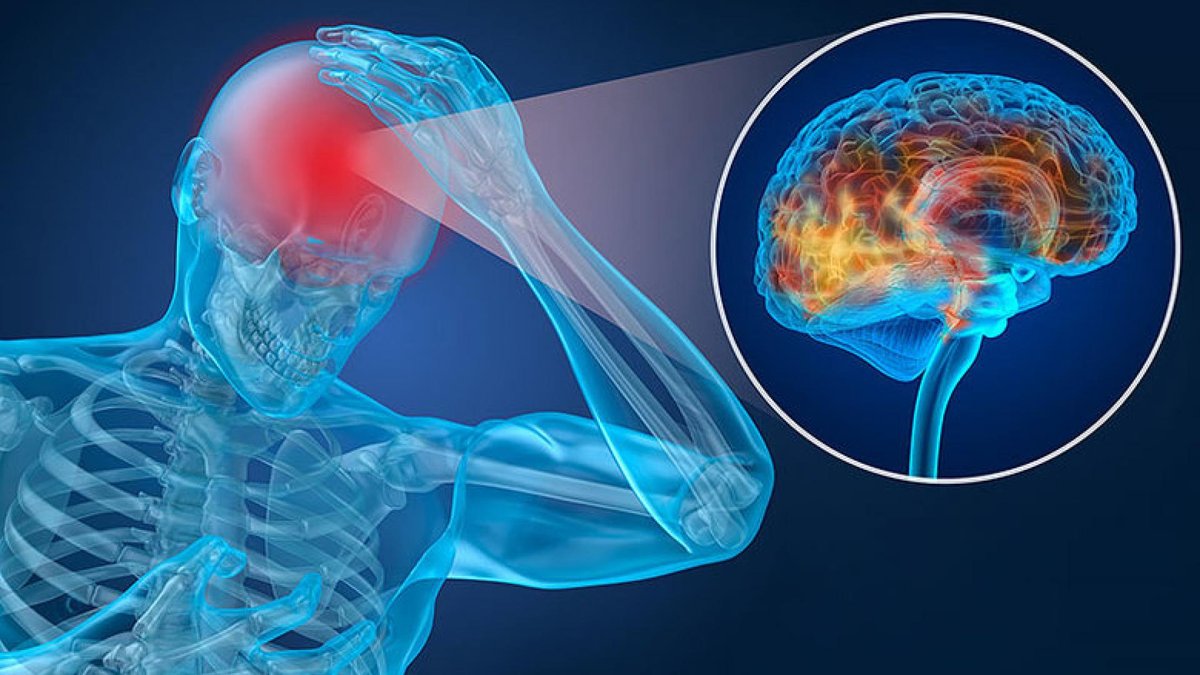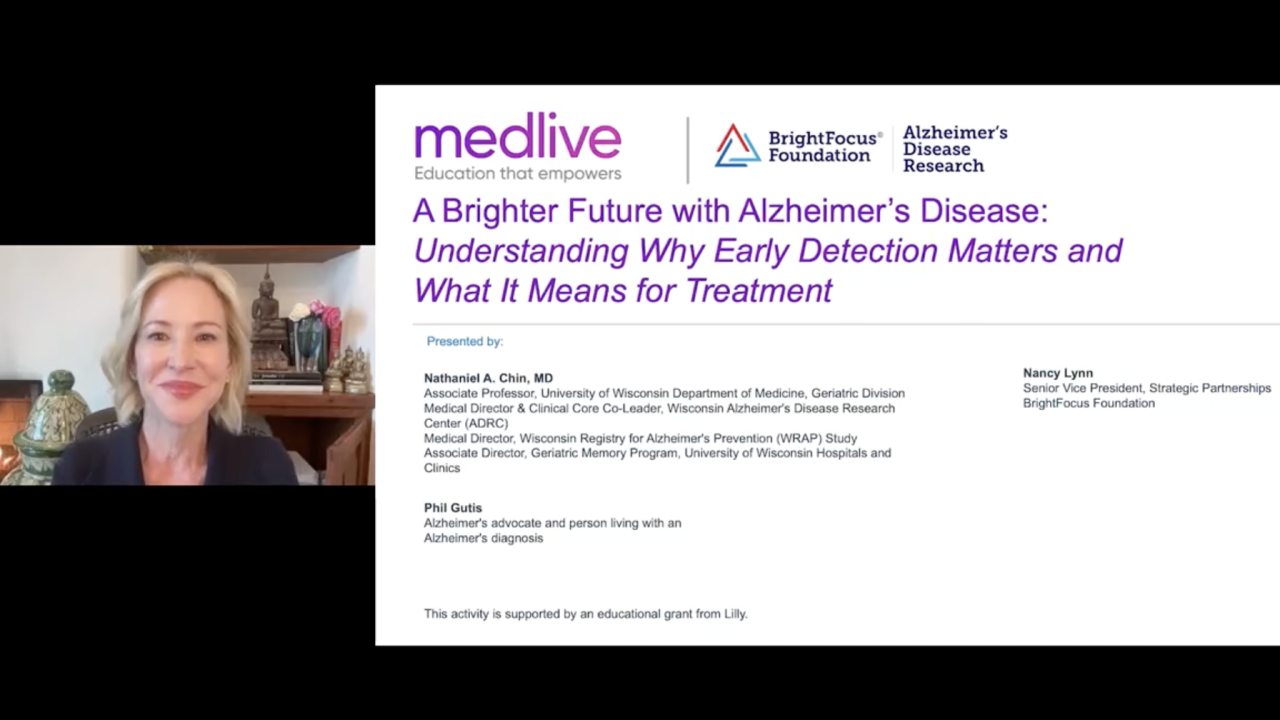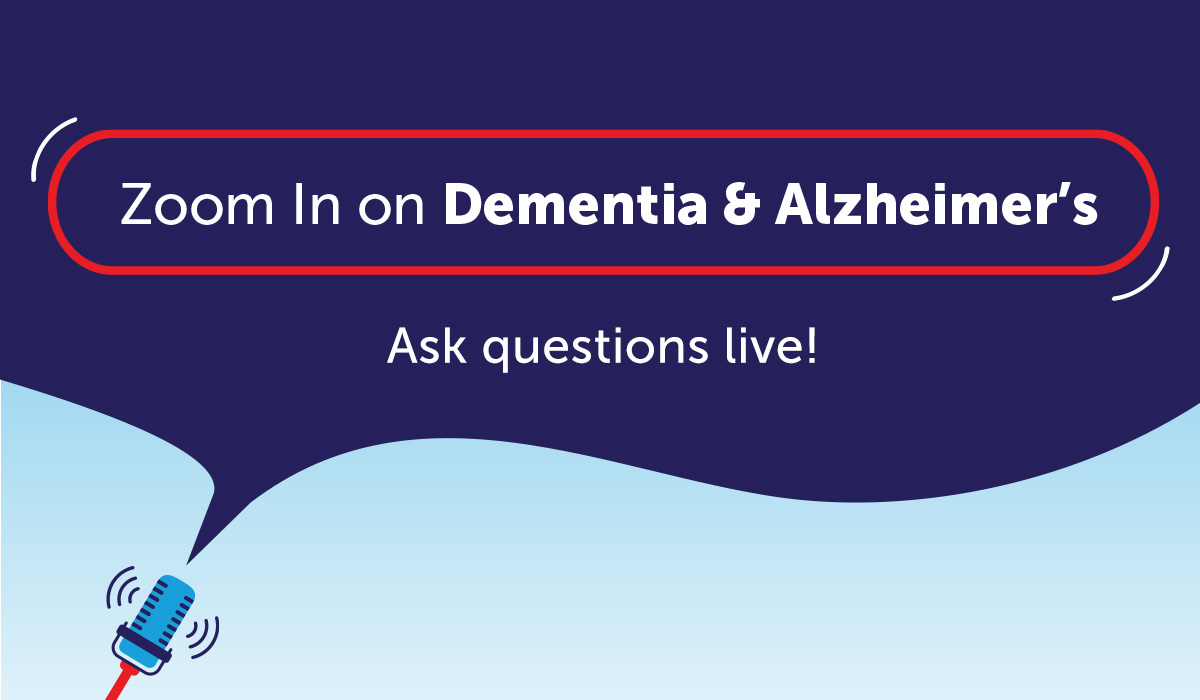
Learn 13 helpful tips and strategies for managing your relative’s challenges with communication, behavior changes, and memory loss.
The holidays are upon us, and visiting with relatives, whether in their home or ours, is one of the many joys of the season. If you are visiting a relative with Alzheimer’s, your time visiting can be more successful by understanding the disease. The following are some basic characteristics of Alzheimer’s:
- Communication Difficulties: problems finding words, expressing thoughts, or following conversations.
- Memory Loss: this might include repeating the same question, not recognizing a friend or family member right away, not being able to do familiar tasks, or having difficulty planning and organizing.
- Behavioral Changes: agitation, irritability, and verbal or physical outbursts.
Tips to Help with Communication
Over the course of Alzheimer’s disease, communication becomes increasingly difficult. Some tips to help you during your visit, and anytime you are with your loved one include:
- Calmly approach from the front. Approaching from behind can startle someone with Alzheimer’s and could start the visit on a bad note.
- Reintroduce yourself. It may have been awhile since your last visit, or even if it hasn’t been, be prepared to introduce yourself, such as, “Hi Aunt Helen, I’m Greg.” You may need to follow with a little more information to help with the association, such as “I’m Greg, Ruth’s son.”
- At all times, avoid arguing, criticizing, correcting, and reminding them of their mistakes. Doing so is likely to cause unnecessary agitation.
- Remain calm. When they ineffectively articulate an idea or thought, maybe even sounding offensive, let it go. Remaining calm, and indicating support and understanding is important for them. Continue to encourage them to explain their thoughts as best they can.
- Keep your language simple. When speaking, do so slowly, and keep your words and sentences short. Keep your stories or explanations short and simple as well.
- Remove distractions from the area where you are visiting. A busy café with a lot of background noise would not be a good place to visit. But your living room, or your kitchen table away from distractions, might be better.
Tips to Help with Memory
- Reminisce. Talk about old times. Talk about a favorite memory from a time you spent together. Give updates on the family. Ask about immediate family members. Bring along an old scrapbook, old photo album, or newspaper clippings that may help trigger some memories.
- Engage. Talk about things that are going on—events in the local community, events in the world, events in your life.
- Remember who they were without Alzheimer’s. Tap into that person. At one time, was your loved one an artist, a member of a choir, or a frequent traveler? Help re-discover these passions, even for a few minutes. Talk about them, refer to photos or books, or bring along an electronic device to access online videos or websites related to favorite past times. Talk about what you are seeing or hearing.
Tips to Help with Behavior
Behavior changes are another feature of Alzheimer’s. This includes agitation, anger, and physical or verbal outbursts. Someone who was once calm and patient might exhibit a different personality at some point during the course of the disease. Knowing this, there are things we can do to help:
- Be respectful. Perhaps you find much repetition. There can be a tendency to point this out, but this is not advisable. Out of respect, the right thing to do is to just let the questions repeat, and then change the subject or redirect attention to something else. A person with Alzheimer’s needs your assistance to make these kinds of transitions.
- Minimize stress. Stress should be minimized where possible. If, during your visit you see agitation or discomfort, step in. Find a way to make it easier.
- If possible, suggest physical activity. Take a walk. Dance. What is good for the body is good for the brain.
- Turn on their favorite music and sing along. Music is said to remain in the memory for much longer, and it is thought to provide emotional and behavioral benefits.
Above all, remember to enjoy the time you have with your loved one, and accept where they are in the disease process. And don’t forget to take pictures to send after your visit!
About BrightFocus Foundation
BrightFocus Foundation is a premier global nonprofit funder of research to defeat Alzheimer’s, macular degeneration, and glaucoma. Through its flagship research programs — Alzheimer’s Disease Research, Macular Degeneration Research, and National Glaucoma Research— the Foundation has awarded nearly $300 million in groundbreaking research funding over the past 51 years and shares the latest research findings, expert information, and resources to empower the millions impacted by these devastating diseases. Learn more at brightfocus.org.
Disclaimer: The information provided here is a public service of BrightFocus Foundation and is not intended to constitute medical advice. Please consult your physician for personalized medical, dietary, and/or exercise advice. Any medications or supplements should only be taken under medical supervision. BrightFocus Foundation does not endorse any medical products or therapies.
- Lifestyle










